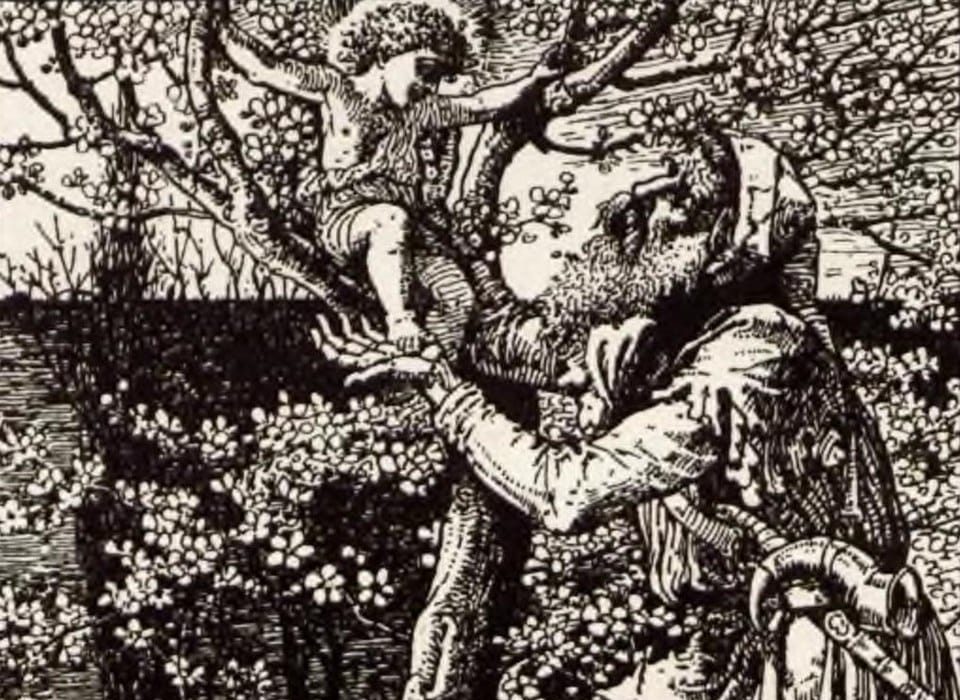George Bernard Shaw’s name looms large amongst the litany of famous authors. Both fascinating and contentious, he has all the makings of a literary icon. His sheer volume of work along, puts him in the pantheon of influential authors. In this post, we are going to examine his life, times, and popular literary works.
Biography
Upbringing and early novelist
Shaw was born in Dublin on July 26, 1856. He was the third child in his family. He hated school (not an unusual trait), but found no interest in the workings of academia. He eventually worked in an estate agent’s office before moving to London in 1876. There, he struggled to find work through multiple jobs. Eventually, he settled on pursuing a full-time career as a writer—with mixed results.
As stated by Britannica: “Despite his failure as a novelist in the 1880s, Shaw found himself during this decade. He became a vegetarian, a socialist, a spellbinding orator, a polemicist, and tentatively a playwright.” In these words, Shaw became the character and writer that would leave a mark on the literary world.
(Britannica.com)
The Fabian Society and critic
In 1884, Shaw joined the Fabian Society. The group spent time advancing the principles of democratic socialism. In this society, he used his writing abilities to craft pamphlets and to debate the application of such beliefs. Somewhere in the midst of novel writing failure, Shaw began critiquing plays. These critiques were published in papers in London and became quite successful. He worked as a critic for the Pall Mall Gazette, The World, The Star, and The Saturday Review.
As Britannica further states, Shaw knew a great deal about the arts, which gave him critical acumen. The source states, “Shaw had a good understanding of music, particularly opera, and he supplemented his knowledge with a brilliance of digression that gives many of his notices a permanent appeal …”
Playwright
Shaw’s first collections of plays were published in “Plays Unpleasant” and “Plays Pleasant.” Both collections were replete with “what would become Shaw’s signature wit, accompanied by healthy doses of social criticism.” Both of which “stemmed form his Fabian Society leanings” (biography.com).
With the 19th century coming to a close, Shaw really began churning out his best work. He wrote Man and Superman in 1903 and Major Barbara iin 1905, and Pygmalion in 1912. In 1925, Shaw was awarded the Nobel Prize for literature for Saint Joan. He died in his home in England in 1950 at 94 years old.





Leave a comment